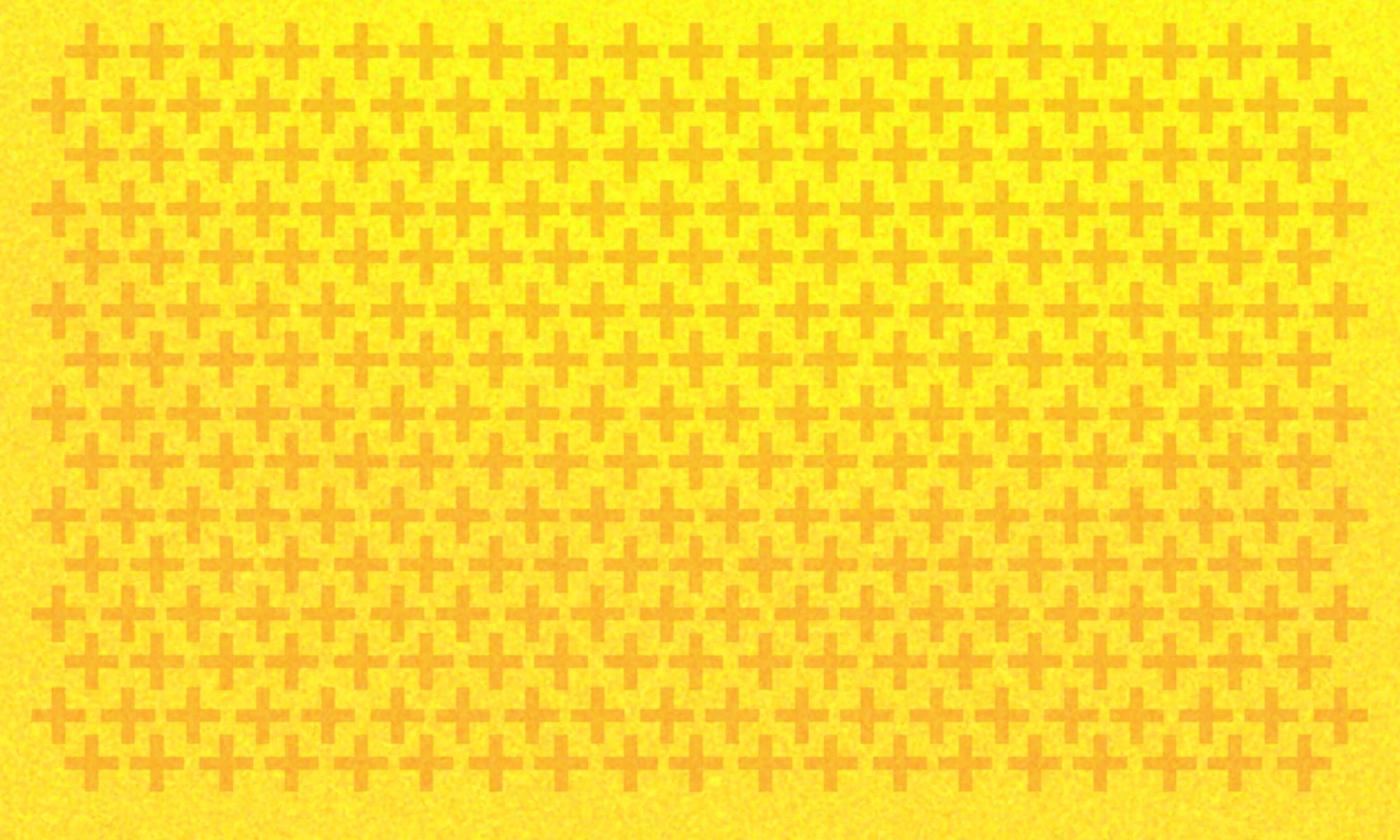And so here we are at the end of this series. In previous weeks the series examined the four major systems of our world: Volcanoes, which seed the atmosphere and create the land, The sun, which supplies us with energy, Weather, which delivers water to all life, and Oceans, which carry nutrients to all corners of the world. This last week the series examines a new force exerting an influence on the world: us.
This shouldn’t come as a surprise to anyone, but we humans are having an impact on the world. The systems of industry that we have created and maintain now release more carbon in the atmosphere per year than all the volcanoes on the planet combined. The effect is warming the planet, raising global temperatures and putting pressure on the other systems that maintain the balance that made life on this planet possible.
In case that isn’t scary enough already, you should know that there have been at least five major extinction events on this planet. Most of those have been from catastrophic volcanic activity releasing carbon into the atmosphere, just like we are doing. Yes, this series compares us to a super-volcano, and it’s an apt comparison, except that while you and I might recognise the danger, we as a society seem to be ignoring it.
This episode is quite different than the previous episodes in the series, and episodes in prior series like Planet Earth or Blue Planet or Life. It features David Attenborough speaking directly to the camera and pleading his case that the world is changing. As a man who has been observing the natural world for 60 years, his eyewitness account is one to take seriously. Three prominent activists also join him to give their perspective. Rather than filming animals in the wild it shows animals directly impacted by human activity, like baby elephants orphaned by drought conditions.
The intensely upsetting thing about all of the issues outlined in this episode is that we definitely have the knowledge and technology to solve them, but we seem to lack the will to do so right now. As the last section of the episode makes clear, there are reasons for hope: Young activists campaigning for change and new initiatives to halt the advance of the Sahara desert among them, but we are running out of time to act.
But there is time, and we need to act, at every level of society. The message from activists is that we need to save the world but that’s not entirely true. This world is going to continue once we’re gone. What we need to save is the balance that allows us –and all life– on this planet to thrive. We need to save ourselves, and the way to do that is to realize that we are a part of the natural world, and that balance.
Other Thoughts:
- I already recycle, but my wife and I are definitely upping our game when it comes to reducing our consumption of… everything.
- Baby elephants are adorable, but the first section of this episode with the orphaned baby elephants is heartbreaking as is each of the other sections where it shows our effect on the animals of the world.
- The fact that we’re freezing animal DNA in multiple places around the world is admirable, and I hope that we never need to use it.
A Perfect Planet Reviews:
- Episode One: Volcanoes
- Episode Two: The Sun
- Episode Three: Weather
- Episode Four: Oceans
- Episode Five: Humans
A Perfect Planet episode five: ‘Humans‘ premieres today, January 31st, on BBC Earth at 8 pm eastern/pacific.
Photography copyright Nick Shoolingin-Jordan / Silverback Films


